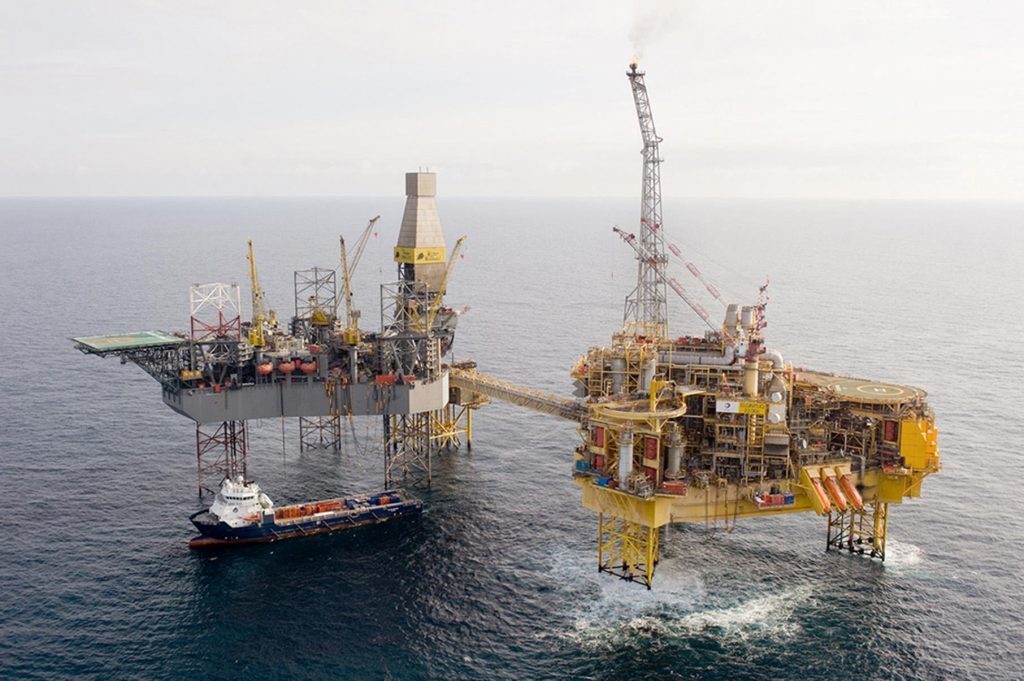
Oil workers downed tools on three of Total’s North Sea platforms yesterday in a bitter row over rotas.
The 24-hour stoppage kicked off at 7am and was the first in a series of strikes planned on the Alwyn, Dunbar and Elgin platforms over the coming weeks.
Around 200 union members employed on the installations by energy service firms Aker Solutions and Petrofac are understood to have taken part in the industrial action.
Crew went on strike in response to their employers’ attempts to move them from two weeks on, three weeks off (2:3) rotas to a 3:3, 3:4 schedule.
Union bosses said the new rotas were “hated” by most workers.
Last year, Robert Gordon University published a report saying those on three-week, equal-time rotas were nearly twice as likely to experience ill health as those spending two weeks offshore at a time.
Four more 24-hour strikes are scheduled to take place on the platforms between now and April 12.
A series of stoppages are also expected to go ahead at Total’s gas plant on Shetland.
Operator Total said yesterday that it managed to continue production from the three installations in spite of the stoppage.
Union officials confirmed that the rebelling workers were responsible for maintenance and the “day-to-day running” of the platform, not oil and gas production.
Unite regional industrial officer John Boland claimed the strikes would have a “safety impact”.
But Paris-headquartered Total insisted there was “no increased risk”.
A spokesman for Total said: “We have carried out a full risk assessment and ensured that our platforms remain safe working environments for those offshore who remain at their posts.”
Last year, crew employed directly by Total on the same three platforms went on strike over rota changes on a number of occasions. Production had to be suspended as a result.
An arbitration firm was brought in to help with discussions before workers accepted a move to 3:3 schedules, in exchange for a 15% pay rise.
Recommended for you

